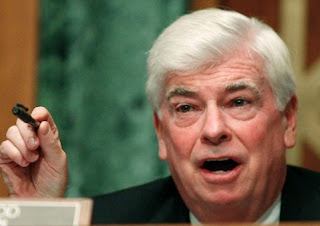New Medical Council guidelines for doctors dealing with the issue of abortion have overstepped the law and need to be amended, the High Court has ruled.
Among the requirements in the council's beliefs and medical practice statement, doctors were required to ensure patients were aware that abortion was an option if they were concerned about their pregnancies.
Doctors who did not want to provide the service could refer the request elsewhere, informing the person it could be obtained from another health practitioner, or a family planning clinic.
A group of doctors raised objection to the statement in a judicial review at the High Court in Wellington last month, saying it wrongly required them to give advice that might facilitate the patient obtaining an abortion.
View Full Story
Among the requirements in the council's beliefs and medical practice statement, doctors were required to ensure patients were aware that abortion was an option if they were concerned about their pregnancies.
Doctors who did not want to provide the service could refer the request elsewhere, informing the person it could be obtained from another health practitioner, or a family planning clinic.
A group of doctors raised objection to the statement in a judicial review at the High Court in Wellington last month, saying it wrongly required them to give advice that might facilitate the patient obtaining an abortion.
View Full Story
Visit these site : Family Solicitors
















































